As a business owner, I’m sure you’d love a team-full of employees who go “above and beyond.” Yet, you may have also heard the backlash surrounding this “above and beyond” mentality in the “Quiet Quitting” conversation that has circulated on social media.
Employees are saying, “Nah, I’m not going above and beyond, thankyouverymuch.”
And in response, many employers are like, “Hey, that sounds pretty lazy.”
I’m about to take sides on this argument, but stick with me until the end because I think there’s a way for both employer and employee to get what they ultimately want.
So who’s right in this “above and beyond” debate? The employees.
I’ll tell you why…
No Standards = A Bad Time
When you purchase a Big Mac at McDonald’s, you are making an exchange. You, the hungry person, are exchanging money for a particular type of burger.
You expect this burger to contain two all-beef patties, special sauce, lettuce, cheese, pickles, onions on a sesame seed bun. You also expect it to be hot, put together in the correct order, free of debris, and wrapped in a wrapper. You wouldn’t want to get anything more or less than this, unless you specifically asked for it. In short, you want the Big Mac to follow the McDonald’s standard.
When you agree to hire an employee, you are also making an exchange. You, the employer, are exchanging money for a particular set of services.
But somehow when it comes to employees, many employers seem to think it’s just fine to hire someone and be vague about the standards that need to be met for that role. And so whatever your employee thinks is the best way to do it is how it will get done… for better or for worse.
Would we accept that with a Big Mac? What if McDonald’s hadn’t gotten around to defining the Big Mac standard, so it was always kind of a… surprise. Sometimes it might be without the lettuce. Other times, the bun might be upside-down. Or even better, sometimes they might go “above and beyond” and nestle a few Chicken McNuggets in there. No?
Well, if we won’t settle for ambiguity on what we’re going to get from a $3.99 purchase at McDonald’s, why do we think this is acceptable when we exchange thousands of dollars for services from our employees?
And I’m an employer too - I understand what the sentiment of “above and beyond” is. Hell, I’ve probably used that phrase before. (I try really hard not to.) I think most employers have the best of intentions and mean something like, “I want someone who’s committed and really cares.”
The problem is, many employees are reading it to mean, “They want me to do more than what I actually get paid to do.” And when you’ve never given them clear standards for what “good enough” looks like, can you blame them?
But what if we could make this a win-win for employees and employers?
The solution is for employers to codify their “Above and Beyond” behaviors BEFORE they hire a new employee.
Here’s what that means…
Let’s say you need to hire an amazing receptionist. If I asked you, dear employer, “what does it look like for a receptionist to ‘go above and beyond’ in their role at your company?” you might say something like:
Well, it means they would greet every client with enthusiasm and kindness, they’d proactively clean and organize the lobby during downtime, they’d offer water to clients who are waiting, they’d look for ways to make the front-office processes work better… you know, that kind of thing.
You know what’s wonderful about this answer? You can now take these “above and beyond” things and turn them into the standards for the job, thereby rendering them NOT above and beyond at all!
WHAT?
Standards = Freedom & Clarity
You see, the beauty of codifying what your “above and beyond” looks like on-the-job for each role is that now you can use these standards to…
screen applicants in the hiring process
provide coaching day-to-day
give specific, actionable feedback during 1-on-1s and performance reviews
It’s a win for employees, because when they know the expectations from the start, they can hit the target every time without feeling like they need to do more than what’s expected. Or, if they realize they don’t want to do those tasks to those standards, they can pass on the job or begin to look for a role that’s a better fit for them. What clarity! What freedom!
It’s a win for employers because it takes away so much of the subjectivity of whether or not an employee is good at their job AND makes it more likely that their clients will get the experience they expect.
When you give employees clarity about the bounds and requirements of their job, you give them a clear definition of what you’re looking for. As their employer, it’s the least you can do.
